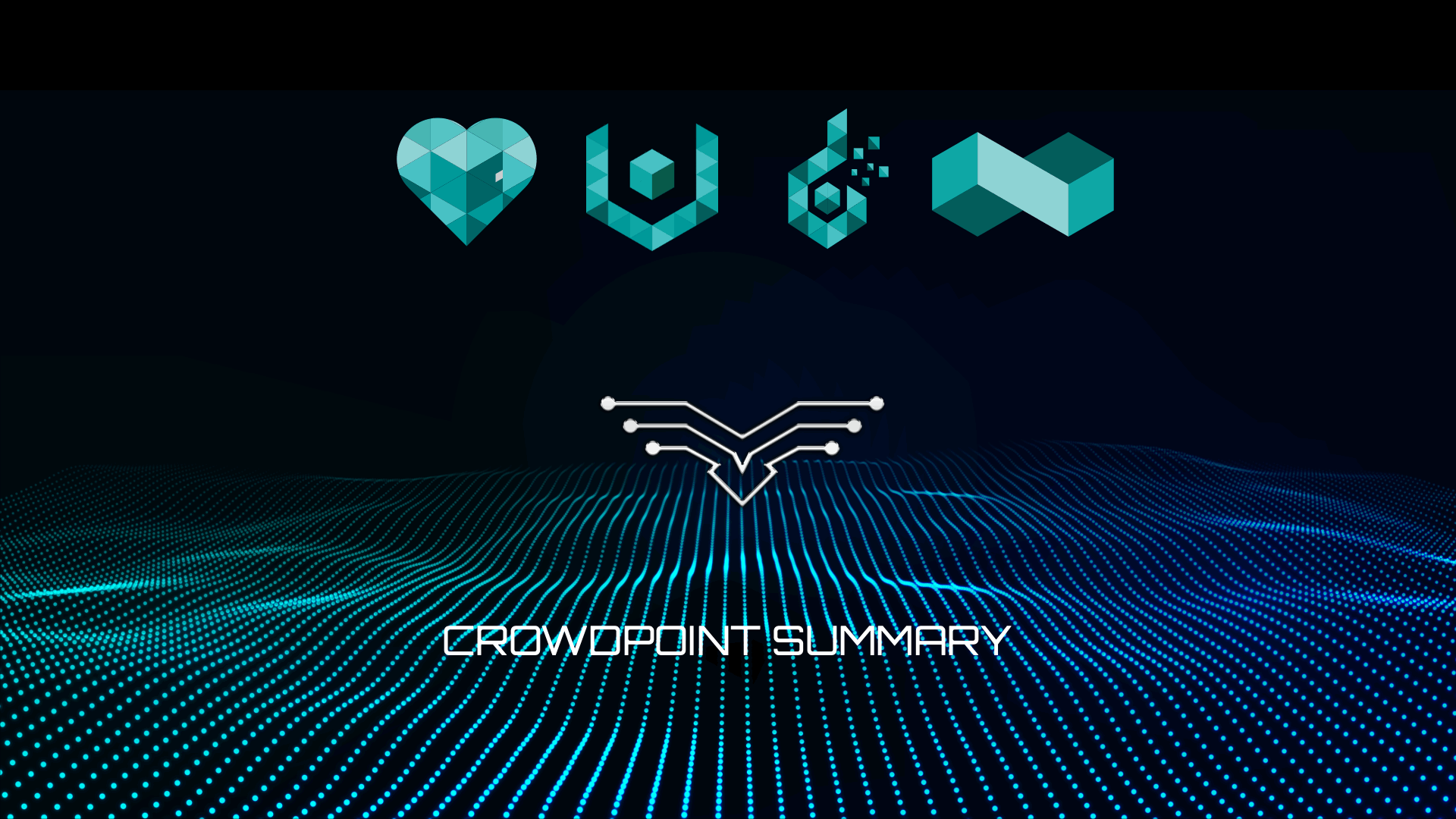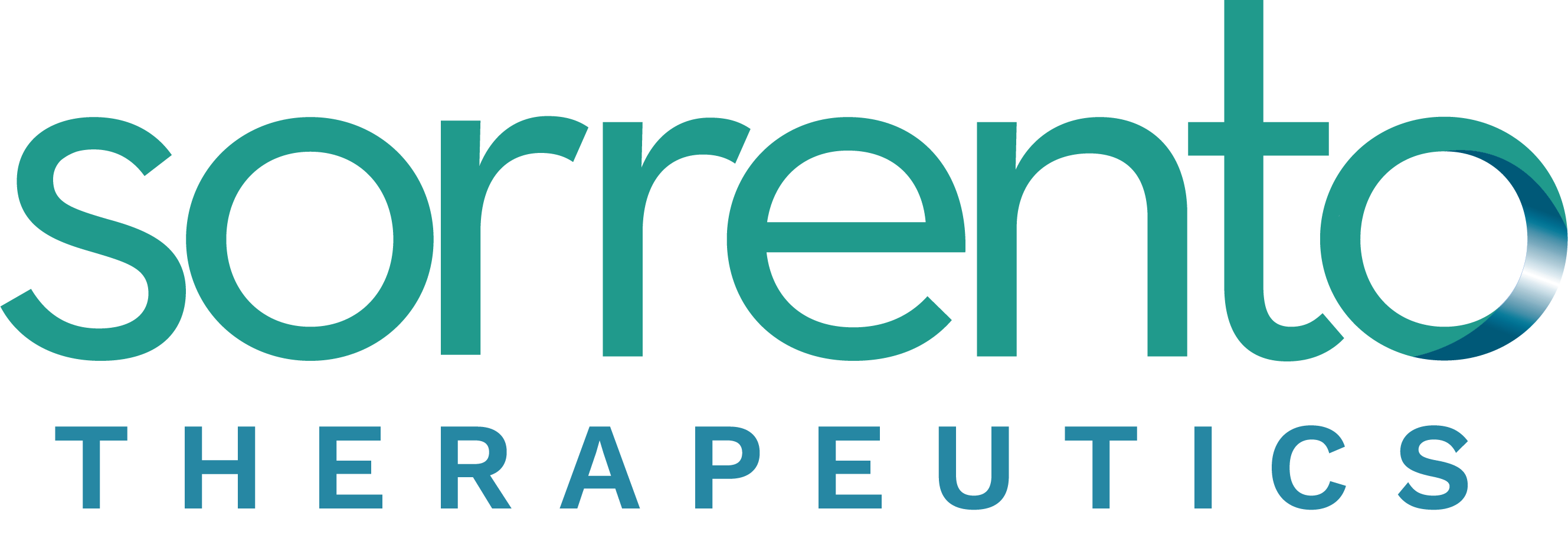
What Is a Trading Platform?
A trading platform is software used for trading: opening, closing, and managing market positions through a financial intermediary such as an online broker. Online trading platforms are frequently offered by brokers either for free or at a discount rate in exchange for maintaining a funded account and/or making a specified number of trades per month. The best trading platforms offer a mix of robust features and low fees.
Basics of Trading Platform
A trading platform is the software that enables investors and traders to place trades and monitor accounts through financial intermediaries. Oftentimes, trading platforms will come bundled with other features, such as real-time quotes, charting tools, news feeds, and even premium research. Platforms may also be specifically tailored to specific markets, such as stocks, currencies, options, or futures markets.
There are two types of trading platforms: prop platforms and commercial platforms. As their name indicates, commercial platforms are targeted at day traders and retail investors. They are characterized by ease of use and an assortment of helpful features, such as news feeds and charts, for investor education and research. Prop platforms, on the other hand, are customized platforms developed by large brokerages to suit their specific requirements and trading style.
Traders use a variety of different trading platforms depending on their trading style and volume. If you're still new to trading, Investopedia's Trading for Beginners Course provides an in-depth introduction to active trading. You'll learn market terminology, techniques for identifying trends, and even build your own trading system in over 50 lessons featuring on-demand video, exercises, and interactive content.
Picking a Platform
When deciding between trading platforms, traders and investors should consider both the fees involved and features available. Day traders and other short-term traders may require features like Level 2 quotes and market maker depth charts to assist in decision-making, while options traders may need tools that are specifically designed to visualize options strategies.
Fees are another important consideration while choosing trading platforms. For example, traders who employ scalping as a trading strategy will gravitate towards platforms with low fees. In general, lower fees are always preferable but there may be trade-offs to consider. For example, low fees may not be advantageous if they translate to fewer features and informational research.
Some trading platforms may be agnostic to a specific intermediary or broker, while other trading platforms are only available when working with a particular intermediary or broker. As a result, investors should also consider the reputation of the intermediary or broker before committing to a specific trading platform to execute trades and manage their accounts.
Finally, trading platforms may have specific requirements to qualify for their use. For example, day trading platforms may require that traders have at least $25,000 in equity in their accounts and be approved for margin trading, while options platforms may require approval to trade various types of options before being able to use the trading platform
Popular Trading Platforms
There are hundreds—if not thousands—of different trading platforms, including these four popular options:
- Interactive Brokers: Interactive Brokers is the most popular trading platform for professionals with low fees and access to markets around the world.
- TradeStation: TradeStation is a popular trading platform for algorithmic traders that prefer to execute trading strategies using automated scripts developed with EasyLanguage.
- TD Ameritrade: TD Ameritrade is a popular broker for both traders and investors, especially following its acquisition of thinkorswim.
- Robinhood: Robinhood is a commission-free trading platform targeted at millennials.It started off as a mobile app and now has a web interface as well. The platform makes money from several sources, from interest on cash in its accounts to selling order flow to large brokerages.
The most popular platform for many foreign exchange (forex) market participants is MetaTrader, which is a trading platform that interfaces with many different brokers. Its MQL scripting language has become a popular tool for those looking to automate trading in currencies





